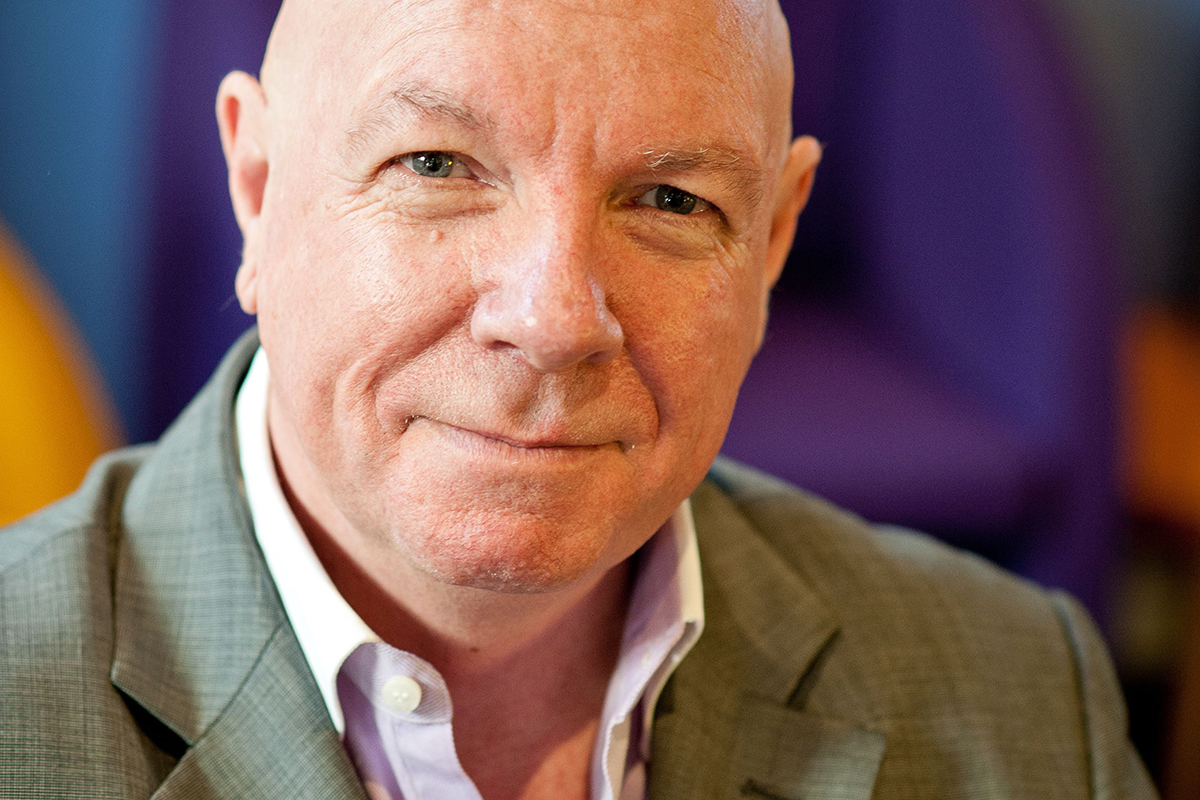Binaries bedevil education. Whether they concern, for example, phonics; direct instruction; whole-class instruction; cross-disciplinary learning; mindfulness or student-centred learning.
To promote a cause for a particular pedagogical approach, method, program or learning theory, the usual preferred manner is to denigrate alternatives. It is either one or the other. You’re in that camp or the other. No room is afforded for acknowledging that there is any benefit from considering other options, the actual learner or the contextual circumstances.
However, most educators, particularly those working in schools, do not jump firmly to either side of these binary matters. Most prefer to make purposeful decisions based on both the nature of the learners in their classrooms and elect to draw on the best aspects of the suite of pedagogies, methods, programs and theories available to them when determining what and how they teach. Eclectic? Yes. Pragmatic? Yes. Well-considered? Definitely.

Dr Phil Lambert ... educators need to engage in dialogue on the best way to deliver and assess competencies.
The soft skill binary
A current binary concerns the relative value of soft skills1, possibly owing to the growing local and global interest in these particular competencies and the threat some see them mounting to established regimes and shibboleths.
The proposition advanced by some proponents of capabilities is to shift the focus in schools away from disciplinary content. Others, on the polar opposite side, argue that capability skills are faddish, ill-defined skills and dispositions that can’t be taught or measured. These views are played out in the media, at conferences and at times in policy statements.
The overwhelming majority of educators would not argue against the need for young people to acquire disciplinary knowledge and skills. And it would not be difficult for them to identify the fundamental competencies that have stood the test of time and that have and will continue to contribute to further learning in and beyond schools.
These same educators would also recognise that while such competencies are necessary they are not sufficient if our young people are to be equipped for a world recognised as volatile, unpredictable, complex and ambiguous. Hence they would see soft skills as also fundamental competencies.
A reasoned view
Where the debate needs to head is not whether or not soft skills are important. Educators, on the whole, know they are. They also know that disciplinary knowledge and skills are important too.
What we do need is an elevated debate in relation to the following:
- What are the competencies (inclusive of disciplinary knowledge and soft skills) relevant for young people to acquire and retain for living productive and satisfying lives; societal cohesion and the wellbeing of the nation and the planet?
- When and how are these best developed and acquired prior to and through the schooling years?
- Which of these competencies are best developed and reinforced a) in the classroom? b) in and around the school? and/or c) in partnership with the community and students’ families?
- Given our considered response to the above, how can we ensure that teachers and schools (and potentially others) have the appropriate resources to both assess and report student achievement and progress in relation to these fundamental competencies?
If we could engage in serious dialogue using these or similar questions, in and out of schools, we would go a long way to minimising the frustration and despair caused by many of the false binaries in education.
Reference: 1soft skills often listed for life and work include for example: collaboration/cooperation skills; critical thinking skills; creative thinking skills/creating new value; digital literacy; being responsible; showing respect; problem-solving skills; being resilient; having empathy/compassion; having the capacity to deal with conflict or disappointment; cultural understanding/cultural humility; civic responsibility/active citizenship.